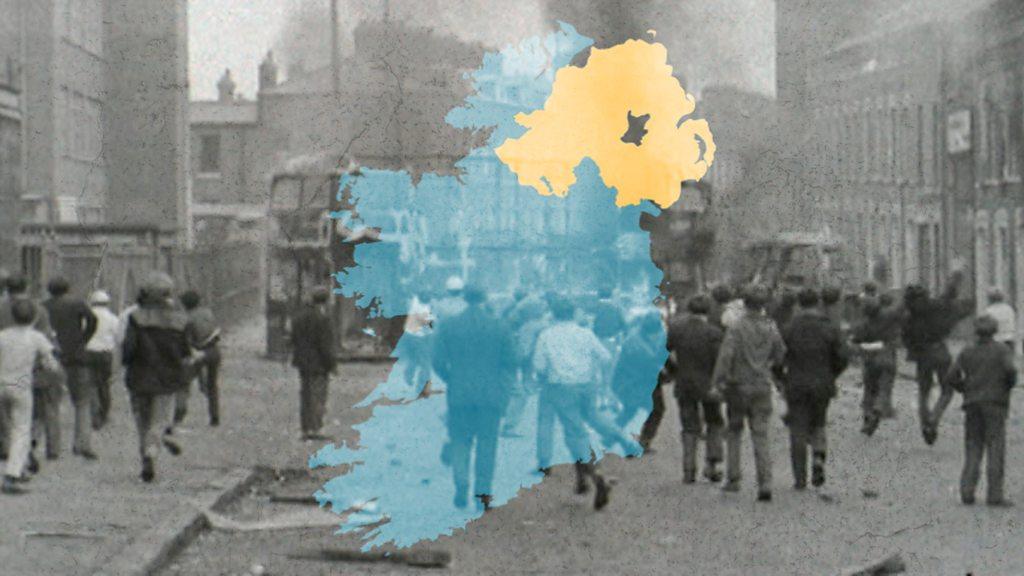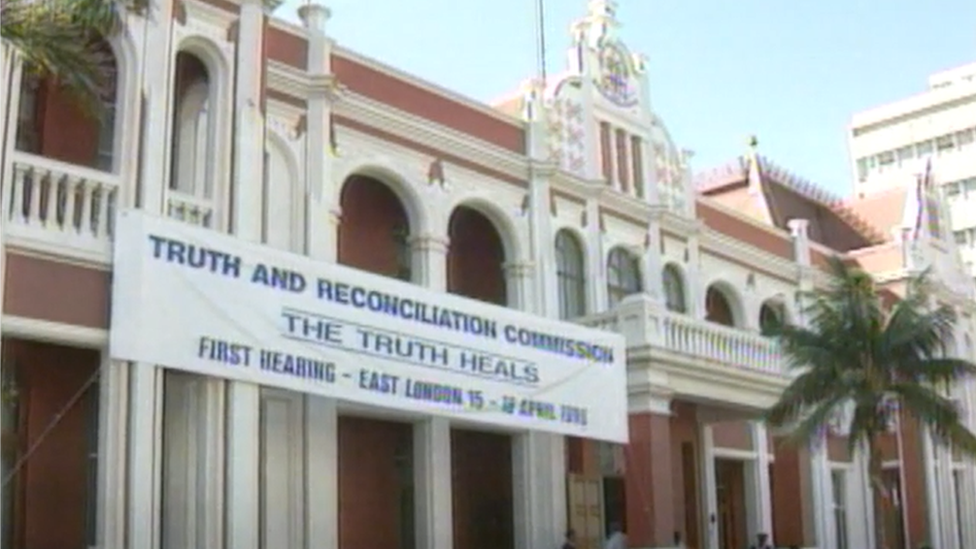Troubles legacy: Victims' relatives want legacy bill court ruling
- Published

The relatives have called for a supreme court advisory judgement on the lawfulness of the proposals
Relatives of two Troubles victims have lodged a supreme court petition seeking a ruling on the legality of the government's legacy proposals.
They lost a case in Belfast earlier this year on the basis it was premature as legislation had not been published.
But with the bill now before MPs, they have asked the UK's highest court to step in.
If enacted, the legislation would ban all Troubles-era prosecutions, as well as inquests and civil actions.
Patricia Burns and Daniel McCready's petition was lodged on 17 June, while the government has to respond by Friday.
Last year, the Attorney General for Northern Ireland ordered a new inquest into the deaths of six men.
A new information recovery body would also be set-up under The Northern Ireland Troubles (Legacy and Reconciliation) Bill and it could offer conditional amnesties.
On Wednesday, a bid to prevent immunity being offered to those who cooperate with Troubles investigations was rejected in the Commons.
MPs voted 273 to 205.
The Democratic Unionist Party (DUP), Alliance, SDLP and other opposition parties argued it represented a "corruption of justice".
But Northern Ireland minister Conor Burns said the legislation was a "compromise" to address the past.
'Unusual step'
Separately, the government accepted a Labour and DUP amendment to exclude those who committed sexual offences during the Troubles from gaining amnesty from prosecution.
Lawyers for Ms Burns and Mr McCready want the supreme court to take "the unusual step" of giving an advisory judgement on the constitutionality and lawfulness of the proposals before the bill is enacted.
Among their arguments is that the proposals contravene the government's obligations under the European Convention on Human Rights.
Ms Burns said: "An advisory judgment from the supreme court could not be more important at the minute to educate parliament.
"If we wait until this bill becomes law it will be too late."
Related topics
- Published29 June 2022

- Published13 August 2019

- Published10 May 2022

- Published17 May 2022

- Published14 May 2022
